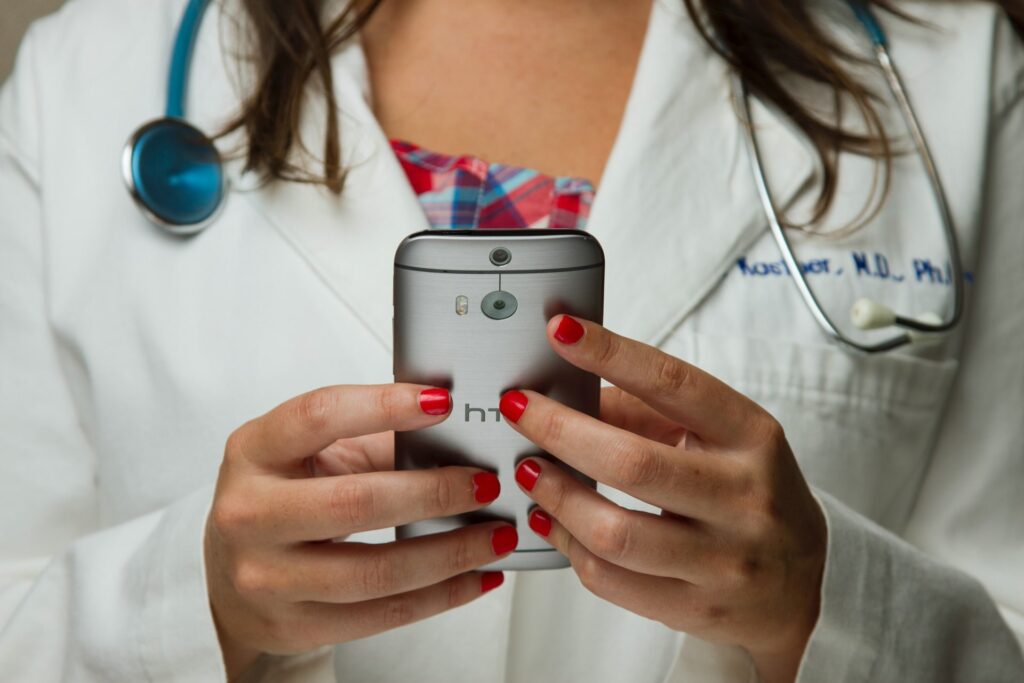
There are a lot of different emergency medicines out there, and it can be confusing to know which one to use for what. Let us know what Dr Michael Hilton, the attending physician has to say about this.
Here are 10 tips to help you make the most out of your emergency medicines.
1. Get to know the different types of emergency medicines. There are many different kinds of emergency medicines, each designed for a specific purpose. Antibiotics treat infections, while aspirin relieves pain and fever. It’s important to know the difference so you can treat your symptoms effectively.
2. Be sure to read the label carefully. All medications come with instructions on how to use them properly. Make sure you read the label carefully before taking any medication, so you know the proper dosage and how to take it correctly.
3. Know your allergies. Some people are allergic to certain ingredients in medications. Be sure to check the labels carefully for any ingredients you might be allergic to, and if you have any doubts, ask your doctor or pharmacist before taking the medication.
4. Check expiration dates. All medications have an expiration date, and it’s important to check this before taking any medication. Once a medication expires, it may not be as effective or safe as it once was. If you have any questions about a medication’s expiration date, ask your pharmacist.
5. Store medications properly. Medications should be stored in a cool, dry place away from sunlight and moisture. Some medications need to be refrigerated, so be sure to check the labels before storing them away.
6 Don’t take someone else’s medication. Medications are designed for specific people based on their weight, age, gender, etc. Taking someone else’s medication can be dangerous, so always make sure you get your own prescription from a doctor before taking anything.
7. Know when to go to the hospital. Emergency situations can vary from minor cuts that just need a bandage to more serious conditions like heart attacks or strokes that require immediate medical attention. Knowing when to go to the hospital is crucial in getting the care you need in a timely manner. If you’re ever unsure, err on the side of caution and go anyways – better safe than sorry!
8. Take care of yourself after an emergency situation has passed. While it may seem like everything is back to normal after an accident or injury, it’s important to take care of yourself both physically and mentally after an event has occurred. Sometimes people experience PTSD or other mental health issues after a traumatic event, so don’t hesitate to seek professional help if you feel like you aren’t handling things as well as you could be. Taking care of yourself will help ensure that you recover fully and as quickly as possible.
9. If you’re faced with a life-threatening emergency, don’t hesitate to call helpline numbers. Even if the situation doesn’t seem dire, it’s important to get medical help quickly so that they can assess the situation and provide any necessary care.
10. Prepare an emergency kit. An emergency kit is a great way to ensure you have the necessary items in case of an emergency. The kit should include basic medical supplies such as bandages, gauze, antiseptics, and pain relievers.
Endnote
It’s also a good idea to include any medications that you take on a regular basis so that they’re always on hand in case of an emergency. By preparing a kit and keeping it up to date, you’ll be more prepared. ,